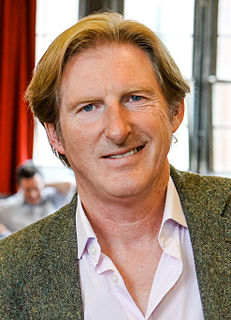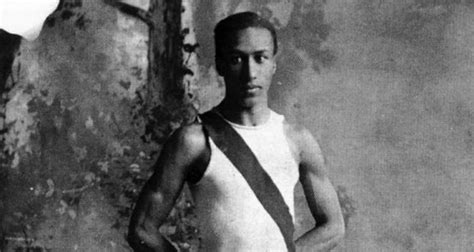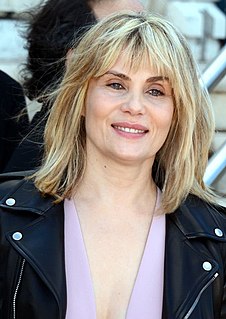A Quote by Aldous Huxley
Culture is like the sum of special knowledge that accumulates in any large united family and is the common property of all its members. When we of the great Culture Family meet, we exchange reminiscences about Grandfather Homer, and that awful old Dr. Johnson, and Aunt Sappho, and poor Johnny Keats.
Related Quotes
Television's contribution to family life has been an equivocal one. For while it has, indeed, kept the members of the family from dispersing, it has not served to bring them together. By its domination of the time families spend together, it destroys the special quality that distinguishes one family from another, a quality that depends to a great extent on what a family does, what special rituals, games, recurrent jokes, familiar songs, and shared activities it accumulates.
I connect with my culture through my family. I speak Portuguese to my parents so that I can practice. I stay engaged with my extended family through a lively group chat on WhatsApp. That sense of community and family is the heart of Brazilian culture, and staying engaged with my family is what keeps me connected.
For my parents' generation, the idea was not that marriage was about some kind of idealized, romantic love; it was a partnership. It's about creating family; it's about creating offspring. Indian culture is essentially much more of a 'we' culture. It's a communal culture where you do what's best for the community - you procreate.
At the beginning of my career as a writer, I felt I knew nothing of Chinese culture. I was writing about emotional confusion with my mother related to our different beliefs. Hers was based in family history, which I didn't know anything about. I always felt hesitant in talking about Chinese culture and American culture.
After my grandfather died I went down to the basement of my family house where my family kept books, anthologies and things and there was an anthology without any names attached to it and I read a poem called Spellbound and I somehow attached it to my grandfather's death and I thought my grandfather had written it.
A free culture is not a culture without property; it is not a culture in which artists don't get paid. A culture without property, or in which creators can't get paid, is anarchy, not freedom. Anarchy is not what I advance here. Instead, the free culture that I defend in this book is a balance between anarchy and control.





































